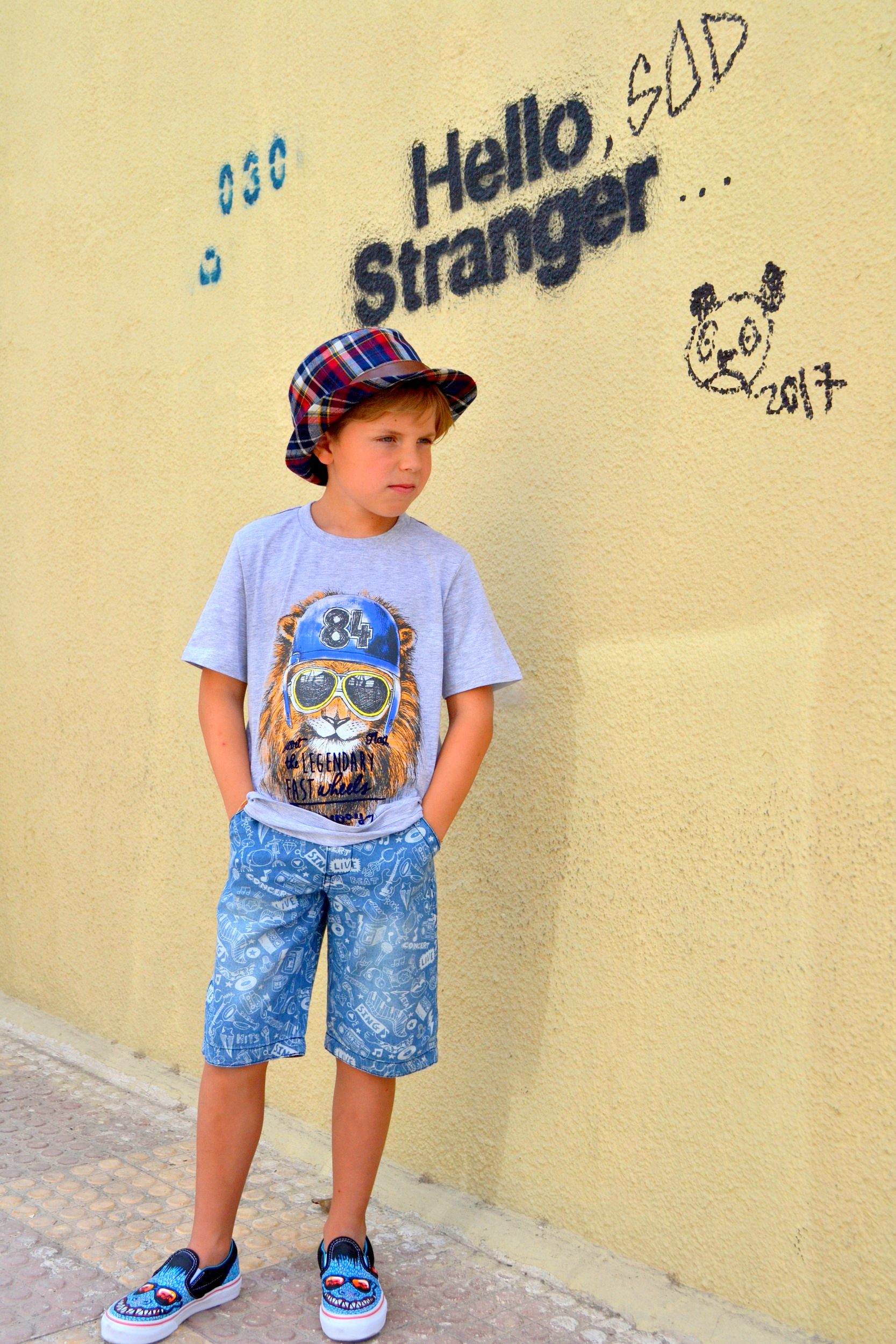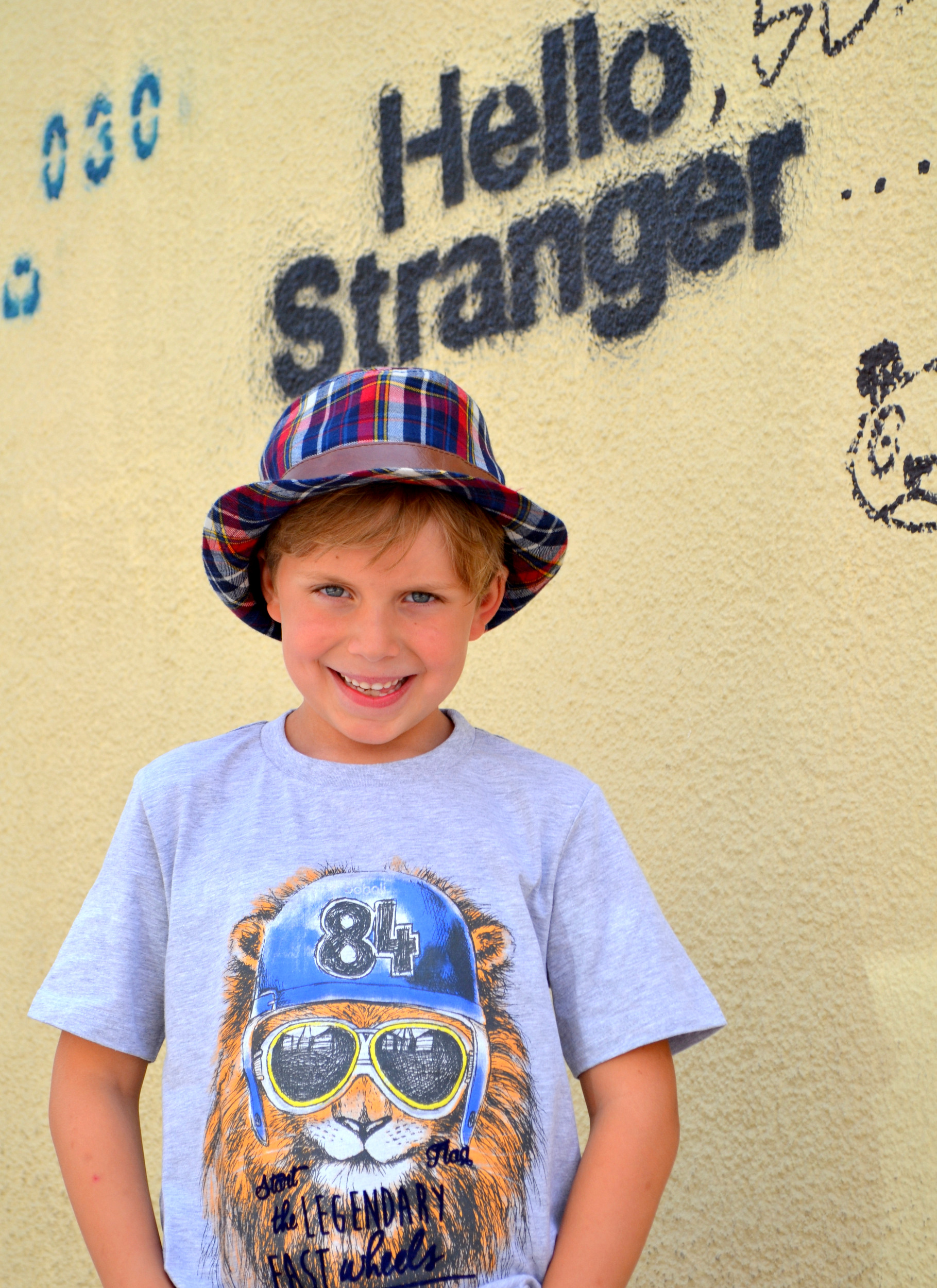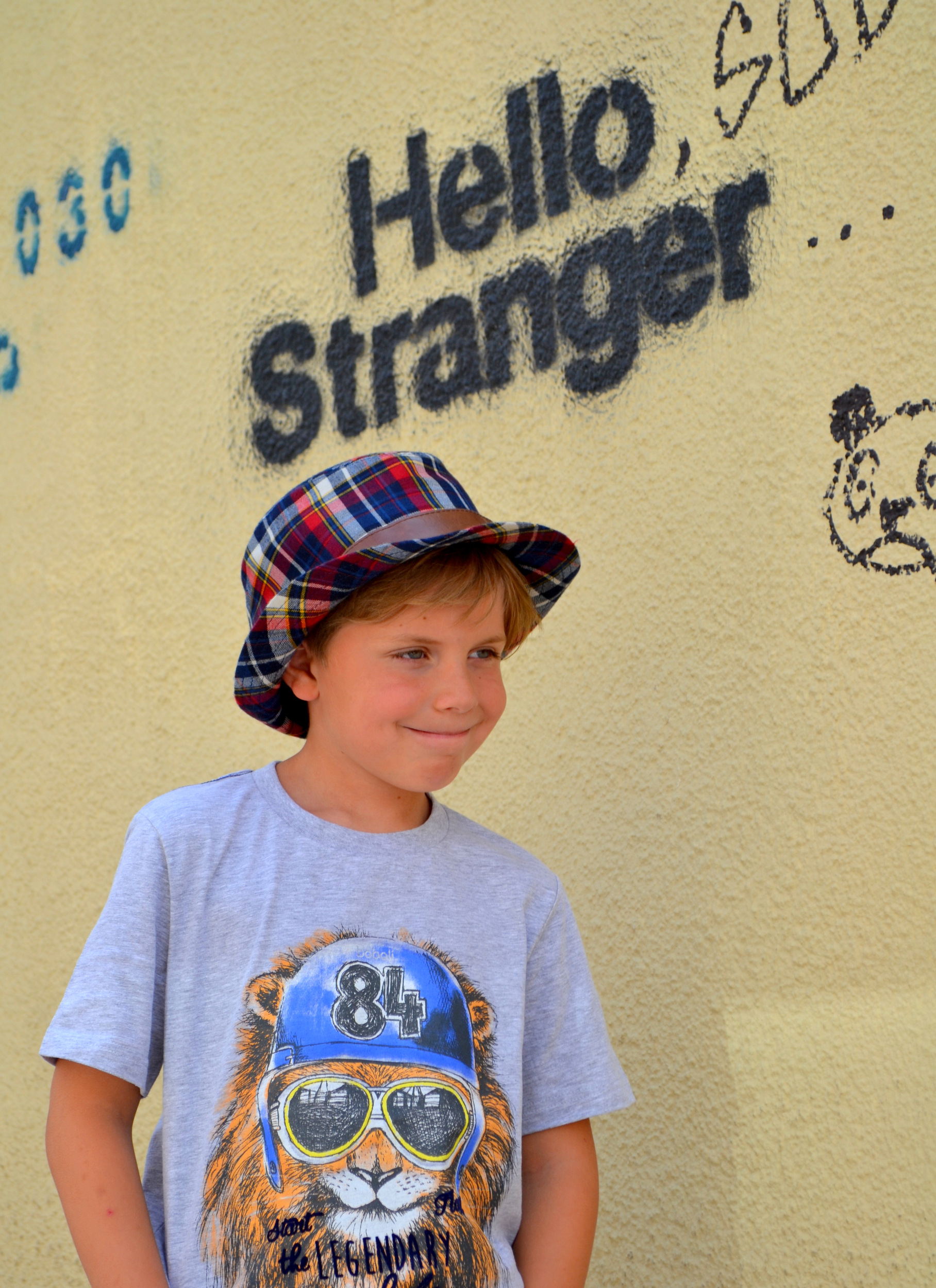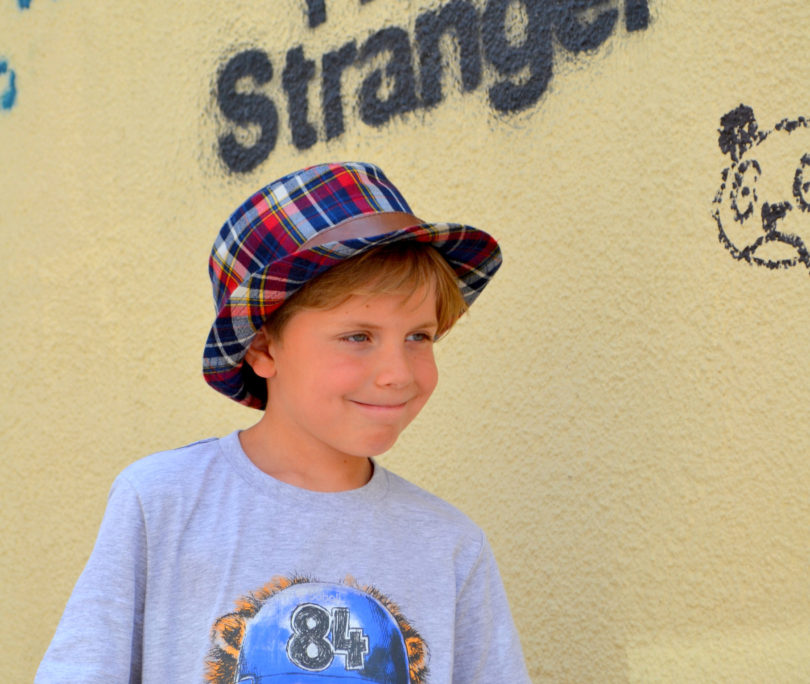Have you ever nudged your child in the supermarket to say hello to a friendly shopkeeper? I have. It’s natural wanting to raise kind, friendly children, and to teach them to say hi to someone who’s harmless and just saying hello.
But I have to admit, lately I’ve been thinking twice about it. No child should be forced into interacting with anyone who they don’t know or feel comfortable with. Of course, it’s a fine balance, because I also want my child to learn how to interact with people in his world.
But the problem is this: we tell our children not to talk to strangers all the time, and yet we encourage them to do so regularly.
Think about it. Have you ever pushed your children to order for themselves at a restaurant, or ask for a to-go box when the meal’s done? Have you told your children to say hi to the neighbour walking by, or the delivery person? Those are all strangers in their lives who we as parents are normalising by pushing them to say hello. It’s a bit of a mixed signal when you think about it, telling our children to avoid strangers in one breath, and telling them to talk to them in another.
 I want my child to feel safe in his world, but I also want him to be confident.
I want my child to feel safe in his world, but I also want him to be confident.
We need to stop telling our children not to talk to strangers, and instead teach them from a young age how to trust their gut. There is a lot to be said for our natural intuition, and children need to learn how to use their own.
The truth is, children are usually mistreated and abused by people close to them, or people who they have already interacted with before. The statistics of stranger abductions are really quite low. Learning this really opened my eyes on this issue, and helped me chill out a little, too. It’s just that, stranger abductions are what we hear on the news all the time, so we assume that is the most dangerous situation for our children.
Recently, I read a book called Protecting the Gift: Keeping Children and Teenagers Safe by Gavin DeBecker. It totally changed my entire outlook on how to approach this topic with my own child.
He talks about how most people who have been in a dangerous situation almost always had a gut feeling that something was off from their very first interaction with the predator, but ignored that instinct. And, he discusses studies that show that children have this same instinct too, we just need to teach them how to recognise and use it.

Now, I teach my child to listen for something that tells him something is off, and when he gets a bad feeling about someone, to act instantly; run, scream, or tell a trusted adult if possible. The truth is, predators build a relationship of trust with their victims, and children might tend to think that since the neighbour is someone familiar, that it must be OK to talk to him, because mum has talked to him before, too.
It’s important to also teach our children who to go to for help. DeBecker tells his readers to teach children not to seek out someone in a uniform, but rather to seek out a mum or a woman. The risks of a woman being a child predator are low, especially if she has a child with her. He also emphasises that it’s important to push our children to be able to talk to strangers so that they can seek help if necessary, and not be paralysed by the fear of speaking to someone who could help them.While it’s impossible to protect our children from all dangerous situations, it’s also important to remind them constantly about these kinds of dangers. You can’t really talk about it too much.
In his book, he also talks about teaching your children to read body language and look at someone’s appearance to determine if the person is dangerous. Children are smart and intuitive, and they can definitely tell when something feels off.
I remember being invited to a friend’s house to spend the night when I was in elementary school. This was someone’s house I had never been to before, and I got there and immediately felt something was off. I felt almost silly calling my parents and telling them I had an upset stomach and wanted to come home, when I really didn’t. The truth was, I didn’t feel safe in that house.
To this day, I don’t know why I got that feeling, but I’m glad I acted on it. My parents came to pick me up, and I never went back to that friend’s house again.
I believe wholeheartedly that a child has the same natural instincts that adults do in dangerous situations. How many times have you felt like something wasn’t quite right about someone, so you distanced yourself from them on a bus, or at the park? Children can be taught how to do this too. They already have the natural instinct and ability inside of them; they just need to be taught what it’s there for.
I would say that in 2017 there is so much more that we need to be talking to our children about instead of teaching them not to talk to strangers. Could a stranger harm our children? Of course. But he or she could also help them. The likelihood is much greater that someone already in their circle could want to harm them.
So, let’s teach our children to listen to that voice within, trust their instincts when they feel fear, and to not be afraid to speak up when they feel something isn’t right. Because it probably isn’t.

Alexander wears a T-shirt and shorts by Boboli and shoes by Vans.







